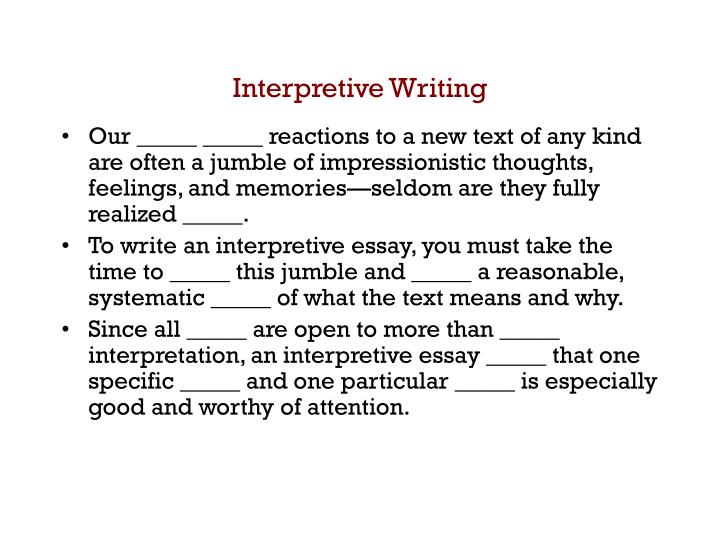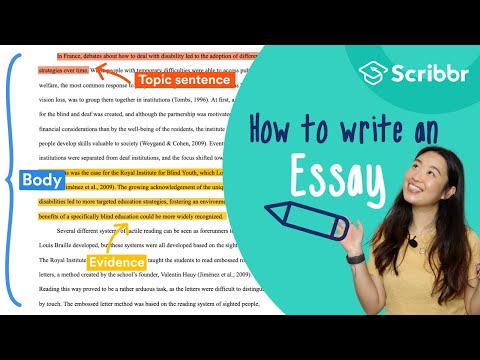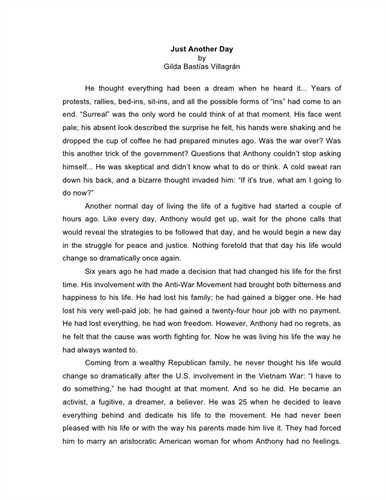If you are wondering how to write an interpretive essay, there are some important tips that you need to keep in mind. First, make sure to ask yourself a few key questions. These questions will help you answer the prompt properly. It may be difficult to answer some of them, but it is always better to start small and then build up. Try a sample interpretation to get an idea of what it should look like. You also need to read the work carefully and break down its elements into simpler forms.
Explains the author’s methods
To write an interpretive essay, you must first identify the method(s) used by the author. The method may include the setting, the tone of the work, and the main event. Once you have identified the methods, it is time to evaluate and analyze these methods. This essay will present a position and make a case for the author’s point of view. This process may take some time, but with a few helpful tips, you can get a better grade.
Evaluates the author’s methods
Writers of analytical essays focus on causes and effects. An example of this type of essay can be found in Stephen Reid’s The Prentice Hall Guide for College Writers (4th ed.). This example shows how to analyze a painting by Goya by evaluating its iconography and symbols. The church is the symbol of hope in contrast to the cruelty of execution. The use of light adds to the painting’s powerful effect on the viewer.
Uses a thesaurus
When writing an interpretive essay, a student must master a large vocabulary. Thesaurus can be of great assistance in this regard, as it will help the writer to eliminate the use of overused words. Thesaurus can also help the writer to choose more appropriate synonyms. A student should read their essay out loud before submission. Rereading it can help him or her to make changes and improve his or her essay.
Includes a thesis
The three-part structure of an interpretive essay is a standard for this type of essay. The introduction contains the central thesis, which is a specific interpretation of the work in question. The body consists of supporting paragraphs and evidence to back up the central thesis. The conclusion concludes the essay by reflecting on the interpretation and offering a final thought. An interpretive essay may be written about any subject matter, including literature, music, or painting.




